The 2010s had some amazing science fiction movies. Arrival, Gravity, Snowpiercer, Edge of Tomorrow, and Inception all arrived inside the decade, to name several landmark films in the genre. Sci-fi is a tricky genre in that, outside of tentpole franchises like Star Wars and the Marvel Cinematic Universe, they have become less and less of a guarantee of a hit. Tickets sold in the genre alone have steadily fallen in recent years.
Despite their meager impacts on the box office, Blade Runner 2049 and Annihilation remain two of the most fascinating and powerful science fiction films of the 2010s. Here are five reasons why the Blade Runner sequel deserves the title of best science-fiction film of the 2010s, and five reasons why it belongs to Annihilation.
*Spoilers for Annihilation and Blade Runner 2049 ahead*
Blade Runner 2049: The Excellent Performances

2049 features a stacked catalog of actors, including then-rising star Ana de Armas playing the virtual assistant and love interest, Joi. And although he doesn’t appear until halfway through the movie, Harrison’s reprisal as Rick Deckard is one of the lauded actor’s best roles in recent memory. Secondary characters played by Robin Wright, Sylvia Hoeks, and Mackenzie Davis are equally as memorable, but most notable of all is Ryan Gosling’s replicant detective, K. Director Denis Villeneuve made the right decision to spend the sequel inside the head of a Replicant, and Gosling plays the longing of the humanoid being with ferocious sadness and trembling aggression.
Annihilation: The Exciting Pace
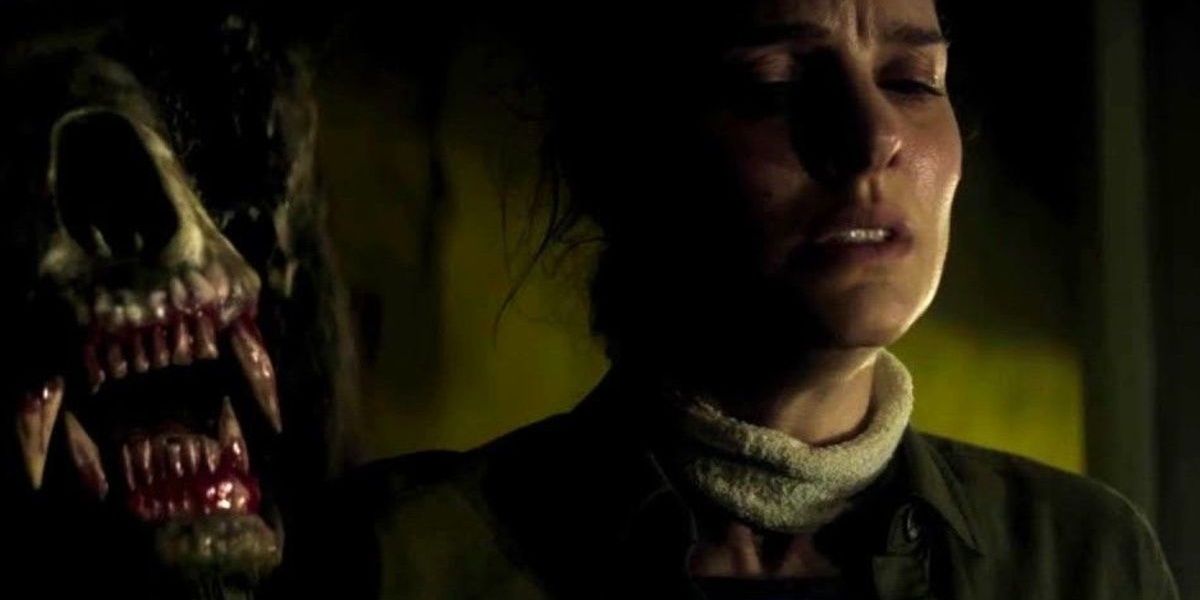
Director Alex Garland expertly sets the stage for an intense, burning mystery that never lets up. As a crew of female scientists set out into a zone that mysteriously appeared out of nowhere in the middle of a Florida swamp, each bizarre encounter leaves the audience increasingly engaged. Whereas 2049 is a meditative reflection on a suppressed class in a dystopian future, Annihilation is an action-adventure with vicious albino alligators and mutant bears lurking behind each twist in the trail.
Blade Runner 2049: The Incredible Score
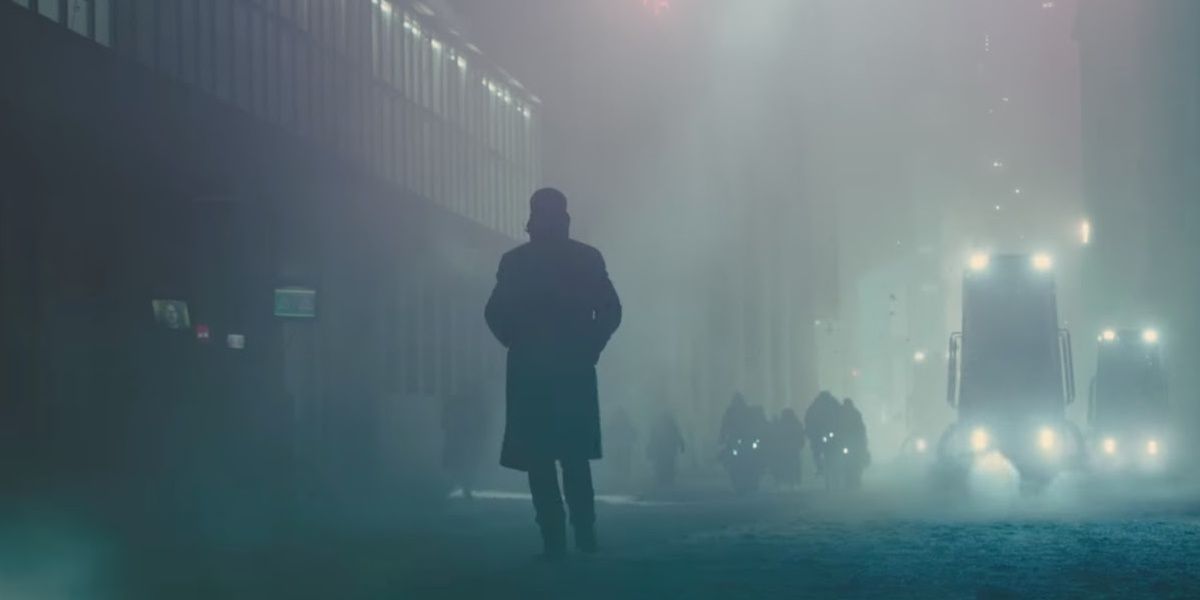
Composed by the mastermind behind Gladiator, The Dark Knight, and Pirates of the Caribbean, Hans Zimmer’s score for 2049 is haunting, thrilling, and engaging. The original Blade Runner score by Vangelis’ is a neon-lit match to the sequel, with Zimmer clearly inspired by the swelling heavy synth and piercing electronic undercurrent. Each scene if wonderfully anchored by each note, and as 2049 relies heavily on the slightest look or expression, the film would not function as it is intended without Zimmer’s fingerprints.
Annihilation: A Stellar, Primarily Female Cast

The inciting incident of Annihilation is when a scientist (Oscar Isaac) returns home from a mission in a disturbed state. His wife Lena (played by Natalie Portman) chooses to return to the place where her husband last seemed to be his normal self. The otherworldly Shimmer in Florida affects plants and animals in strange and unpredictable ways.
Alongside four other scientists played by Tessa Thompson, Gina Rodriguez, Tuva Novotny, and the great Jennifer Jason Leigh, the group heads into the Shimmer to find answers. The cast of Annihilation is often overlooked as one of the great female ensembles of the 2010s.
Blade Runner 2049: It Improves Upon A Classic Sci-Fi Film
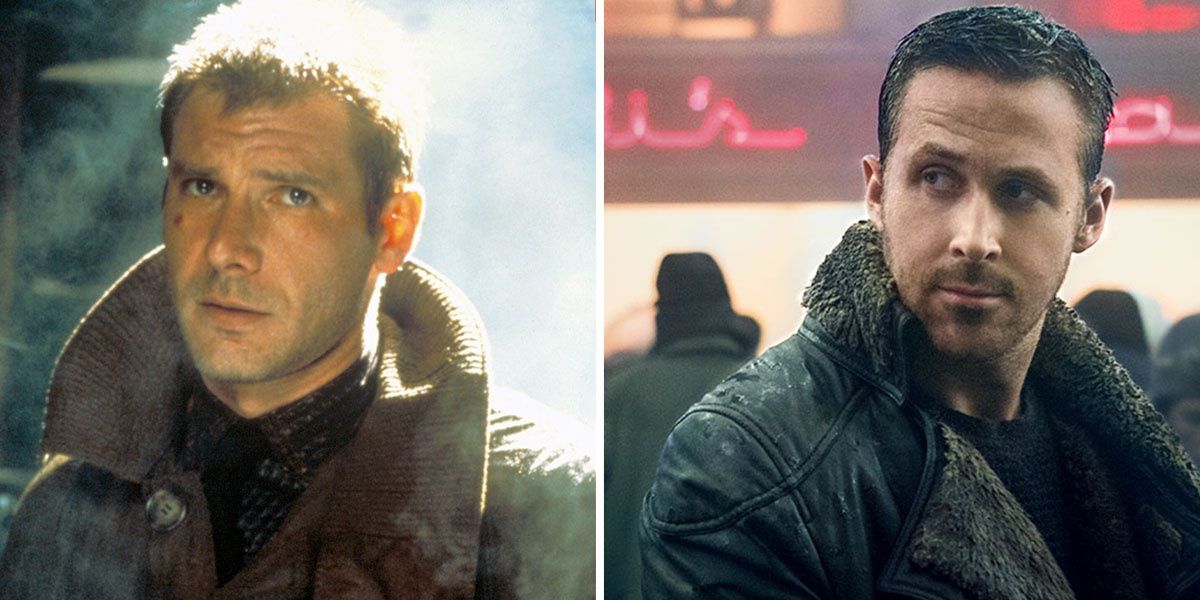
Blade Runner‘s director Ridley Scott’s ambiguous and intense classic sci-fi began the story of replicants and humans, but 2049 is ultimately a more cohesive and engaging story. Part of this is due to the story being told through K’s eyes as a hated replicant by the world at large. Another reason is due to Denis Villeneuve’s vision of a terribly polluted, frighteningly-beautiful apocalyptic Los Angeles. Each frame in 2049 is so full of color and story that by and large, its predecessor appears relatively normal. Guardians of the Galaxy director James Gunn even recently stated his preference to 2049 over the original.
Annihilation: It Powerfully Communicates The Self-Destruction Of Humanity
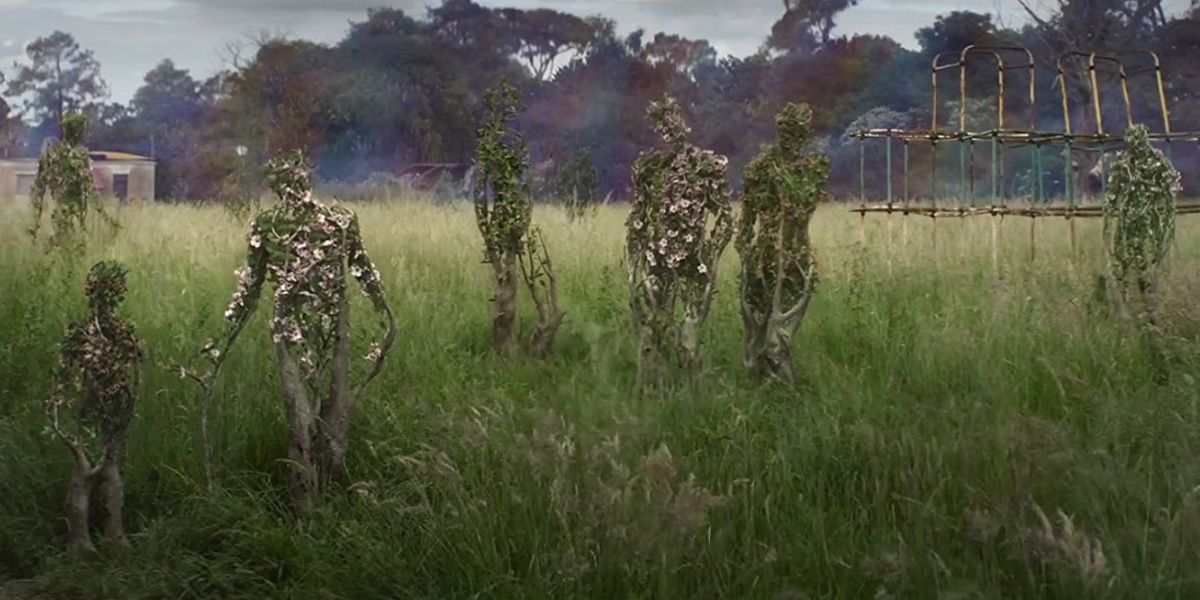
The title Annihilation is never explained outright in the film, but perceptive viewers will grasp an underlying meaning. As the crew proceeds into the Shimmer, each of the five women meet their ends in grisly ways that are strangely parallel to their internal sufferings. Infidelity in their marriages, self-harm, and the pangs of lost loved ones haunt each of them. The wondrous and horrible effect the Shimmer has on the women’s mental and physical state is a reflection of the dissolution of humanity, reflected by each crew member’s personal demons.
Blade Runner 2049: It Covers New Ground In Humanity’s Search For Ultimate Purpose
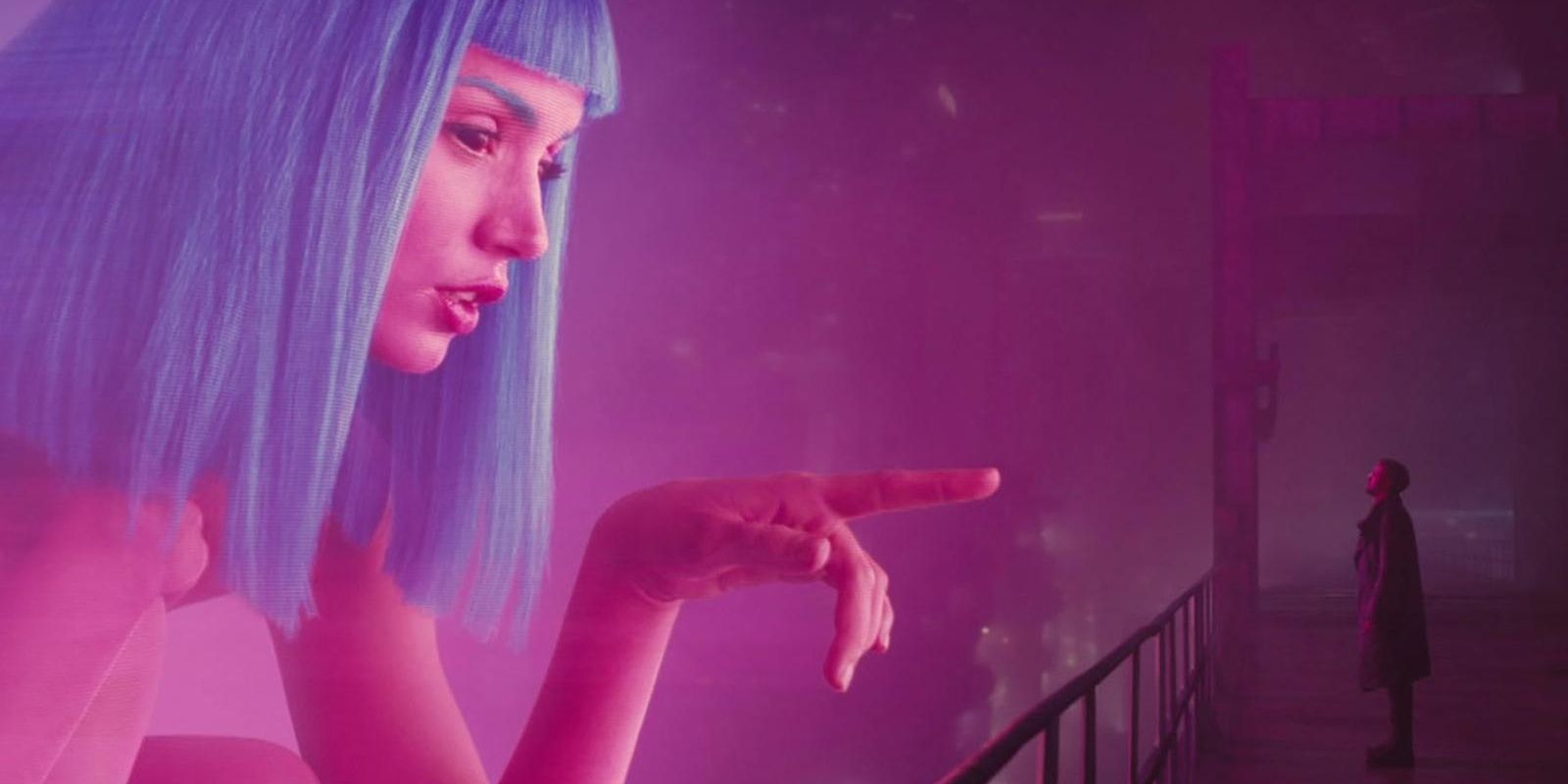
2049 follows Ryan Gosling’s replicant K as he tries to determine whether there has been born a replicant child, and along the way, he realizes that his memories point to him possibly being that child. Denis Villeneuve juxtaposes this journey of self-discovery in the middle and at the end.
Just before he finds Deckard, K visits the scientist responsible for planting artificial memories in every replicant, realizing that the special memory was put there by her. Despite his disappointment, K plunges ahead in his mission, determined to find the truth, and he eventually finds peace, unlike the kind he was expecting. At the film’s conclusion. As he bids farewell to Deckard, K says “I’ll be fine.”
Annihilation: It Visualizes The Duality of Humanity

Lena’s final encounter with an other-worldly biological copy of herself is unsettling because nothing happens the way the audience expects. In lesser sci-fi flicks, the copy would strangle the true hero and escape to wreak its evil will on an unsuspecting world. But it doesn’t happen, at least not immediately. The initial form of the double mirrors Lena’s movement, seemingly learning her, becoming her. The perilous end of the film sticks with the viewer, with director Alex Garland communicating that in environments of extreme pressure, humans aren’t their best selves, and even unaware of who they have become.
Blade Runner 2049: The Heart-Wrenching Ending
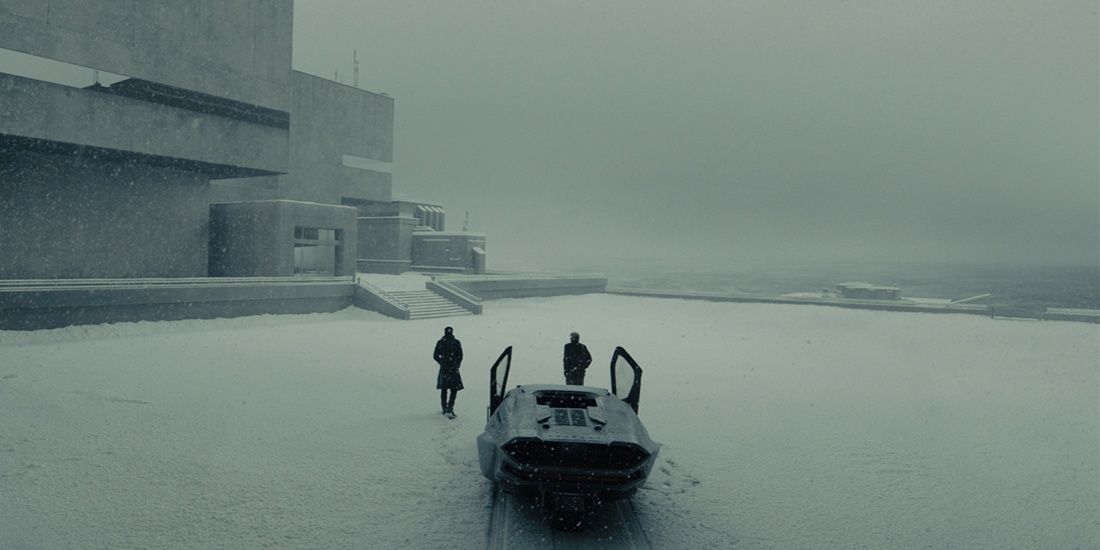
In 2049, K is rescued by the rogue band of replicants preparing to rise against the Wallace Corporation. It’s expected that some huge final battle will take place in which K and the replicants rescue Deckard, but instead, the replicant commander instructs K to track down and kill him. It’s the logical decision, but not the one he makes. Gravely wounded by Luv (Sylvia Hoeks), K chooses to rescue Deckard and bring him to his daughter. As he lays in the snow and slowly bleeds his life away, it’s clear that K has surpassed his desire for humanity because he has chosen love rather than the agenda of warring factions. The final shot isn’t even on K: Deckard sees his daughter for the first time, and there is peace, despite the coming war.
Annihilation: It Blends Horror and Beauty In Unforgettable Ways
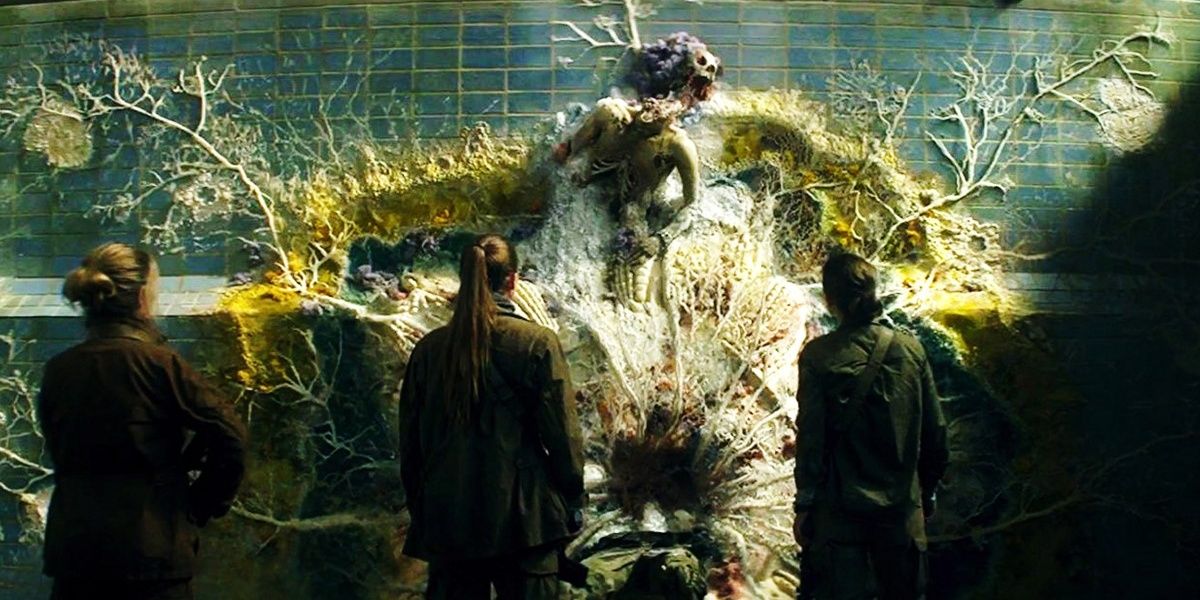
Although it may not have been very popular in summer 2018 when it was released, Annihilation has since become famous for its truly horrifying creature scenes. Perhaps the greatest scene features a half-decomposed, snarling hybrid bear that ravages the campsite, taking Anya’s life (Gina Rodriguez). Up until that point the audience is exposed to the bizarre landscapes and humans turned into flowers by the Shimmer, but nothing quite as grotesque as this. It’s a fantastic scene that encapsulates the movie’s themes and accomplishes some excellent visual storytelling.




